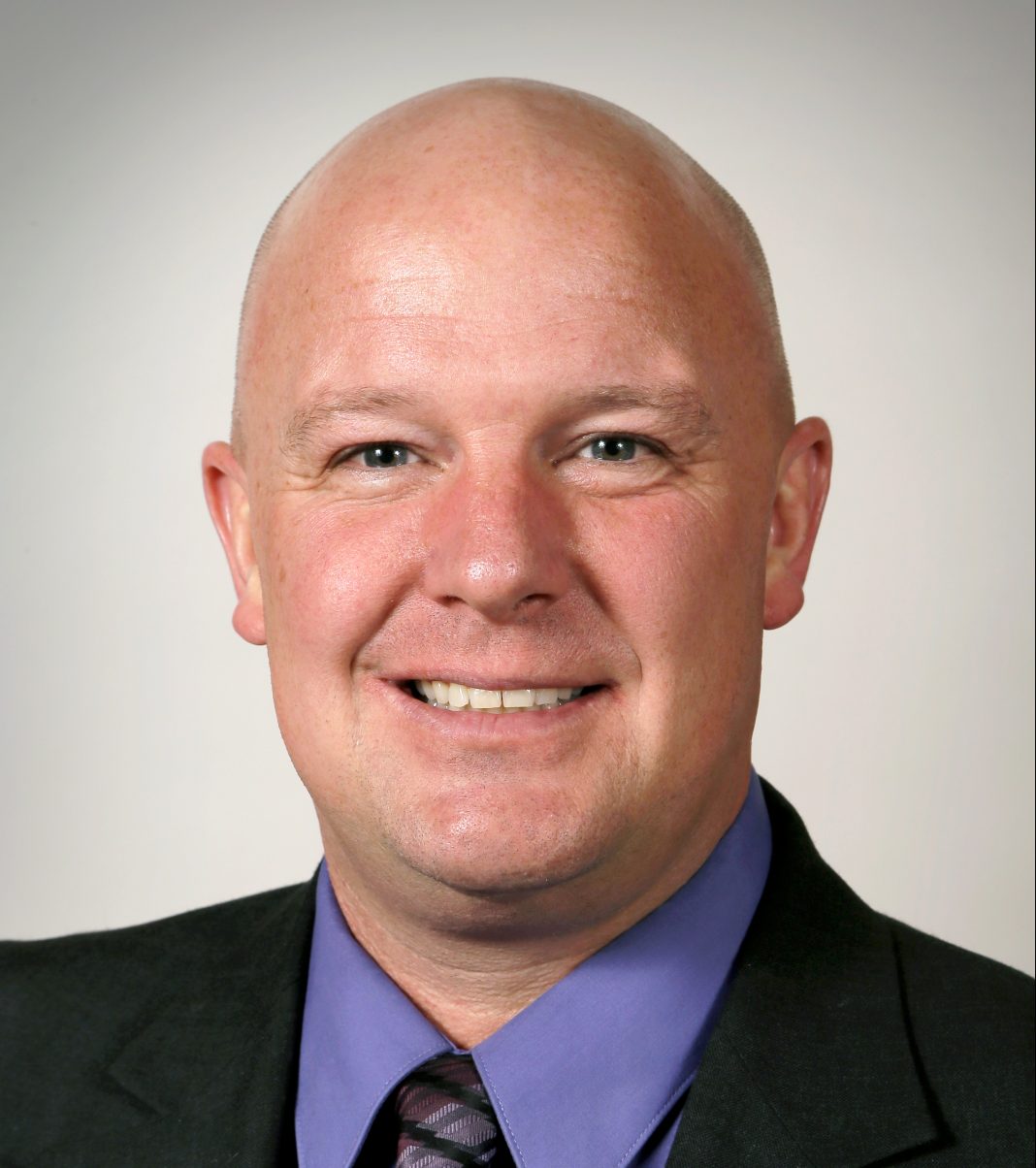Senate File 538 passed through the Iowa Senate on Tuesday on a party-line vote. All 32 Republicans voted for the legislation while all 17 Democrats voted against. Sen. Jason Schultz (R-Schleswig) managed the bill through the floor.
The bill would require those participating in the Iowa Health and Wellness plan to do one of the following:
- Work 20 hours or more per week, averaged on a monthly basis.
- Participate in and comply with the requirements of a work program for 20 hours or more per week, as determined by the department.
- Volunteer 20 hours or more per week, as determined by the department.
- Meet a combination of work and work program participation requirements for a total of 20 hours or more per week, as determined by the department.
- Participate in and comply with the PROMISE JOBS program pursuant to chapter 239B.
- Be enrolled in a Future Ready Iowa program.
- Or any other activities identified by DHS and approved by CMS.
The following individuals shall be exempt from the requirements.
- Anyone certified as being physically or mentally unable to fulfill the community engagement requirements
- Anyone who is pregnant
- A parent or caretaker responsible for a child under 6 y/o
- A parent or caretaker personally providing care for a dependent child with a serious medical condition or disability
- Someone receiving unemployment and are complying with any work requirements under state or federal law
- Those in a drug or alcohol treatment program
- An individual determined to be medically exempt
- Those enrolled full-time in an educational institution
- A parent who homeschools their child
- A caretaker for an elderly person or an adult with a serious health condition or disability
- Or any other exemption DHS develops and is approved by CMS
Republicans said the bill provided minimal requirements for individuals to give back to their community, which is helping provide them with insurance. It’s all about getting people the skills and education necessary to pull themselves out of a spot where they need government assistance.
Democrats offered a couple of amendments, both of which failed. One addressed employers with 50 or more full-time employees and the other addressed payment by managed care organizations of Iowa’s Medicaid program.
Sen. Joe Bolkcom’s (D-Iowa City) amendment would’ve required a member of the Iowa Health and Wellness plan who participates in employment to provide the name and contact information of the member’s employer to the department. The department would then compile and publish a listing of such employers on the department’s website on a quarterly basis.
“Those employers essentially freeload off of us as taxpayer to pay for that insurance,” Bolkcom said.
Sen. Jeff Edler (R-State Center) said he was concerned that amendment would tilt an employer’s decision on whether to hire someone on Medicaid.
Sen. Liz Mathis (D-Hiawatha) filed an amendment that would force MCOs to pay claims prior to the policy becoming law. The department would have to verify that there are no outstanding participating Medicaid provider claims that have not been paid in excess of one year from the date billed.
“Providers are getting screwed,” Mathis said. “They have not been paid for long periods of time when they’re trying to get Medicaid reimbursement.”
The Iowa Hospital Association estimates 13 or 14 small hospitals could close this year due to not getting paid, she said.
Mathis took exception to Sen. Jason Schultz’s quote “who we are dealing with” when discussing the bill.
“I think that’s very telling in how he’s looking at this,” she said. “D you think people on Medicaid get up every morning and say ‘Wow, I love being on Medicaid. I love being poor. Bring it on.’ No, they don’t do that. This overall bill is just a slam in their face. It’s ridiculous.”
Mathis said her amendment would provide accountability to the MCOs.
“They should pay their bills to providers so we don’t get any deeper into trouble,” she said. “Providers are doing a huge service for our communities, especially our rural communities. They’ve had to lay off people because they’re not getting paid. This amendment basically says pay your bills within a year.”
Sen. Amanda Ragan (D-Mason City) expressed disbelief that the Senate was only now discussing managed care. She said Republicans want to go after people who are struggling in daily life but are unwilling to hold the MCOs accountable.
“Those people need to be paid and you should stand up for them today,” she said.
Republicans called for a caucus at that point in debate.
When debate resumed, Sen. Tony Bisignano (D-Des Moines) referred to the bill as an accountability bill. He said the bill holds accountable people who are struggling in Iowa.
“We want them to account for what we believe may be illegitimate gain by qualifying for receiving Medicaid benefits,” Bisignano said. “The amendment that was filed goes right to accountability and I think it’s an excellent amendment.”
Bisignano said Gov. Kim Reynolds talked about providers getting paid in a timely fashion either during her campaign or prior to the legislative session.
“I trust that she meant it,” Bisignano said. “But I’m not seeing the progress.”
He said bankers have told him about extending lines of credit to keep folks in operation. He added forcing doctors, hospitals and clinics to go months without being paid is not right and doesn’t allow for viability.
“We’re not talking about 30 days,” he said. “This amendment says one year. We don’t like deadbeats in this state. We don’t like deadbeat dads, we don’t like deadbeats who go bankrupt and don’t pay their bills. We don’t like people who take something for nothing and that’s what this bill is based on. But yet you expect your medical providers, with extreme overhead, to absorb this from companies that are some of the richest in the country. These managed care companies are wealthy. They’re extremely wealthy.
“They run this game on Iowa by denying benefits or slowing down benefits or cutting benefits or reducing them to our constituents, to our families, our friends, our neighbors — and we’ve allowed them to do that. A no vote on this amendment says you support deadbeats.”
Sen. Janet Petersen (D-Des Moines) talked about making an even worse mess of the Medicaid system here in Iowa. She said eight rural hospitals closed their labor and delivery departments last year. Some women, she said, are driving two and a half hours to find a hospital to deliver their baby. Petersen said 100 nursing homes in Iowa are for sale.
“We talk all the time about not wanting red tape,” she said. “I cannot think of a system with more red tape than Gov. Reynolds’ privatized Medicaid program. And now you want to add more red tape to it.”
Edler pointed out language already exists that gives 120 days contractually to pay claims. When he knocked more than 22,000 doors, he said a majority of Iowans told him they wanted this bill.
Both Democrat amendments failed while Edler’s passed.
Sen. Pam Jochum (D-Dubuque) said the bill is all about adding new reporting requirements. She said it adds another $5 million of taxpayer money to DHS in order to track the information. She’s upset because nobody is talking about the salary of the CEO of one of the managed care organizations. Or that United Health Care had $81.4 billion in revenue last year.
“Yet we could not hold them accountable today,” Jochum said.
Sen. Claire Celsi (D-West Des Moines) talked about receiving an invitation to Bible study from Sen. Jason Schultz every week.
“I looked it up in the Bible,” she said. “The Bible mentions poverty 2,000-plus times. My favorite quote is ‘whoever oppresses the poor shows contempt for their maker, but whoever is kind to the needy honors God.”
Sen. Jerry Behn (R-Boone) said it’s time for such a bill to get passed. He said he talked with a contractor who hired a young man. After a day or so the young man quit, saying it was hard work and he’d rather play video games.
“I would submit to you that that is not an option,” Behn said. “And if it is, shame on us for letting that happen. That is totally inappropriate.”
Bolkcom said he found it interesting that the debate was happening on the ninth anniversary of the Affordable Care Act.
“By virtually every measure it has been an enormous success,” Bolkcom said. “Your contribution to improving Iowans’ health is by kicking them off the Affordable Care Act.”
Americans For Prosperity is the only group that supports the legislation, he said. And the bill targets only the “little guy,” he said.
“Half of our families that have babies this year are going to be born on the Medicaid program,” he said. “Half of our kids in your schools and mine are in free and reduced lunch. We have a poverty problem in Iowa. A poverty problem in Iowa that this bill doesn’t do anything to deal with. It’s punitive.”
Sen. Jake Chapman (R-Adel) said it is important to recognize the value of an individual person and an individual soul.
“This is about the respect and dignity of individual people,” he said. “I take exception to the notion that these folks, simply because of poverty, don’t have something to offer Iowa as a society. That’s why I support this bill. I think the ability to receive benefits in hard times is an important component to our society and important component to our government. The ability to have that feeling, that self respect of earning those benefits, is important.”
Misinformation was the modus operandi of Democrat debate, according to Schultz. He said due to so much misinformation being spread, he wanted to read the exceptions provided in the bill.
Currently, Schultz said, this issue divides people. Those who are working and paying taxes are set against people they see receiving benefits without working.
“Can we bring these people together,” Schultz asked. “They don’t begrudge people in these 10 items.”
He said people are angry and disgusted at how loosely recipients of these programs are watched. Most people know others who skirt the rules to do nothing and get away with it while receiving benefits.
“It destroys the work ethic. It destroys the culture,” he said.
The bill mirrors a movement happening across the country. It’s in response to a sad decline in American culture that was once based on pulling yourself up by your own boot straps, Schultz said.
“We’re not a socialist country,” he said. “We are individuals and what we’re asking here is so small that I can’t believe we spent this much time on it and drew this much attention. If there’s nothing holding you back except your own decision not to move forward, we’re going to bump you forward. It’s not only a good policy, I think it’s moral.”
He said he was always taught that it was never the government in the Old Testament or the New Testament tasked with paying for the poor’s needs.
“It was the church, it was family, it was private charity,” he said.
He said he doesn’t believe the Bible forbids the government from doing so if it chooses, but it does not mandate it.
“We’ve seen churches removed from our schools, our colleges, popular culture,” he said. “As we lose that we look toward the provider and unfortunately in this country, more and more, it’s people saying it’s the government.”
He encouraged those interested in reading about a Christian work ethic to study 2 Thessalonians 3.
This bill, he said, can serve as a compliment to programs already in place.
“I don’t understand how it doesn’t help them,” he said.
In closing, he said the bill doesn’t harm anyone with a disadvantage and could produce a beneficial change in others.












